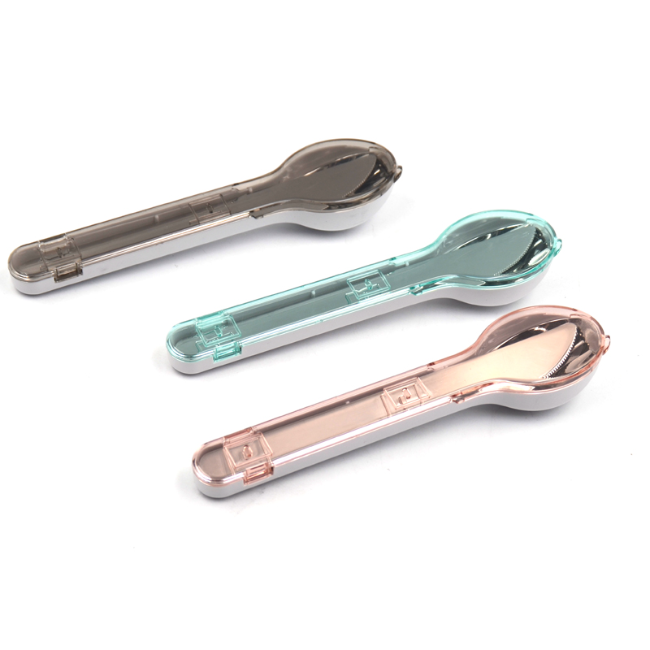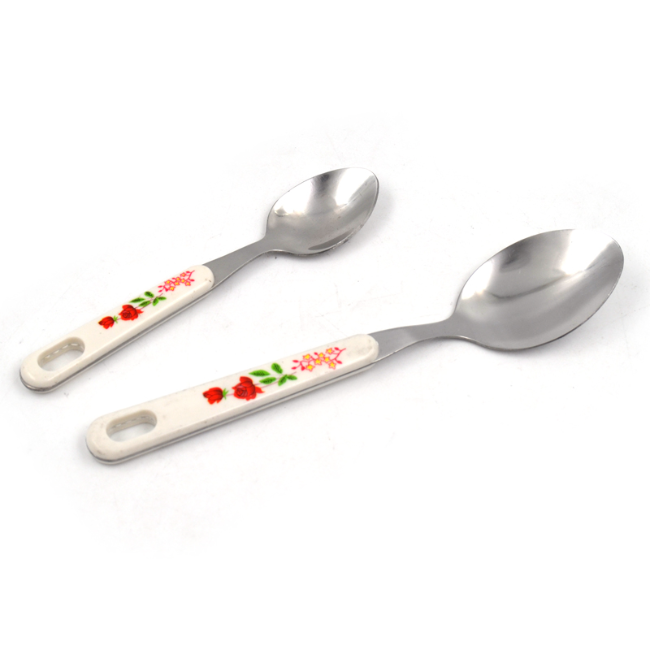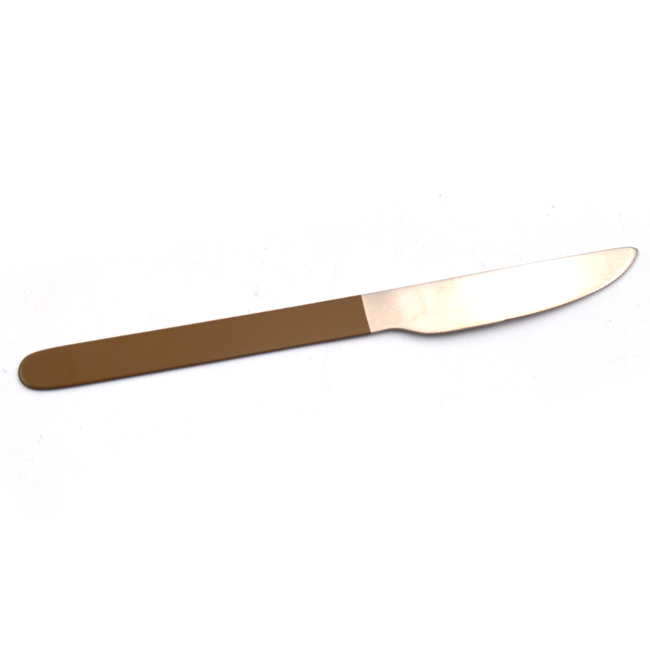
06 May
Does a Metal Spoon Kill Honey Enzymes?
Does a Metal Spoon Kill Honey Enzymes?Ho...
Does a Metal Spoon Kill Honey Enzymes?
Honey, often referred to as liquid gold, has been revered for centuries not only for its sweet taste but also for its myriad of health benefits. Raw, unprocessed honey, in particular, is packed with beneficial enzymes, antioxidants, and other vital nutrients. But with increasing curiosity about how to properly handle honey, many people wonder: Does a metal spoon kill honey enzymes? This article explores this question, the science behind honey's enzymes, and whether the choice of utensil can impact its beneficial properties.
1. Understanding Honey's Enzymes
Honey is not just a sweet treat; it's a natural powerhouse. The enzymes in honey are produced by bees as they gather nectar and process it in the hive. These enzymes help to break down sugars in the nectar, aiding in the digestion process when consumed. The enzymes also play a role in honey’s antimicrobial properties, making it a natural remedy for wounds and sore throats.
1.1 The Key Enzymes in Honey
· Invertase: This enzyme helps convert sucrose (table sugar) into glucose and fructose, which are simpler sugars that the body can absorb more easily.
· Diastase (Amylase): This enzyme aids in breaking down starches into sugars, enhancing the digestive properties of honey.
· Glucose oxidase: This enzyme is responsible for producing hydrogen peroxide, which contributes to honey’s antibacterial properties.
Given the health benefits associated with these enzymes, it’s understandable why people are concerned about how honey is handled, particularly with utensils.
2. Does Metal Affect Honey’s Enzymes?
The concern that a metal spoon may kill or neutralize honey’s enzymes stems from the idea that metal might interfere with the delicate composition of the honey’s natural components. But what does science say about this?
2.1 The Chemistry of Metal and Honey
At room temperature, honey is relatively stable, and its enzymes remain active. The primary concern arises when honey is exposed to heat, which can denature (destroy) the enzymes. While metal spoons themselves do not kill the enzymes, if they’re used to stir honey at high temperatures (e.g., when heating honey), the metal can potentially conduct heat, raising the temperature of the honey and causing enzymatic degradation.
However, if you use a metal spoon to scoop raw honey at room temperature, there’s no immediate risk of ruining the enzymes. Honey retains its beneficial enzymes and nutrients as long as it's not exposed to excessive heat.
2.2 The Best Way to Handle Honey
To preserve the beneficial enzymes in honey, it’s important to avoid heating it over 95°F (35°C). If you're using a metal spoon, ensure that you're not stirring or exposing the honey to excessive heat. Using wooden or plastic spoons can also prevent the potential risk of heat transfer and maintain the integrity of honey’s enzymes.
3. The Role of Utensils in Honey Handling
While the debate over metal spoons and honey enzymes persists, it’s clear that the type of utensil used for honey largely depends on personal preference. For instance, a wooden spoon is often recommended for stirring or scooping honey because it doesn’t conduct heat as much as metal and has a neutral effect on the honey's properties.
3.1 Spoons Video: Exploring Different Utensils for Honey
If you’re curious about how to handle honey properly, check out some spoons videos online that demonstrate the difference between using a metal spoon, wooden spoon, or plastic utensil for handling honey. These videos can provide further insights into how the type of spoon impacts the taste and texture of honey.
4. Takeout Minneapolis: Enjoying Honey on the Go
If you're in Minneapolis and want to take your honey on the go, many takeout Minneapolis restaurants offer raw honey as part of their menu, either in tea, baked goods, or as a natural sweetener. At Homefelt, we emphasize the importance of using the right utensils to enjoy honey in all its pure, raw glory.
5. Conclusion: The Verdict on Metal Spoons and Honey Enzymes
In conclusion, using a metal spoon to scoop or stir honey does not kill its enzymes, as long as the honey isn’t heated excessively. The best way to preserve the beneficial properties of honey is by avoiding high temperatures and using utensils that won't transfer heat. Whether you're using a metal spoon, wooden spoon, or plastic utensil, the key is to handle your honey with care and enjoy its natural benefits.





